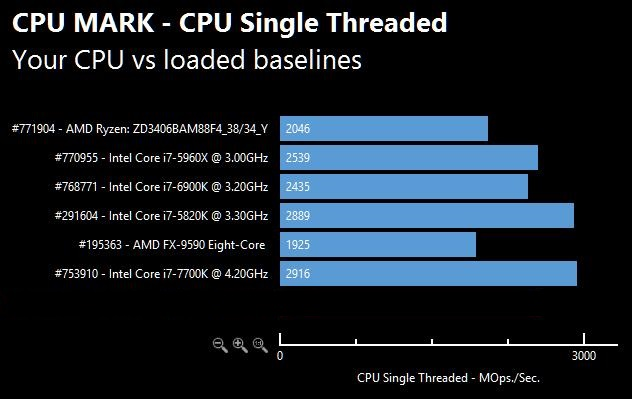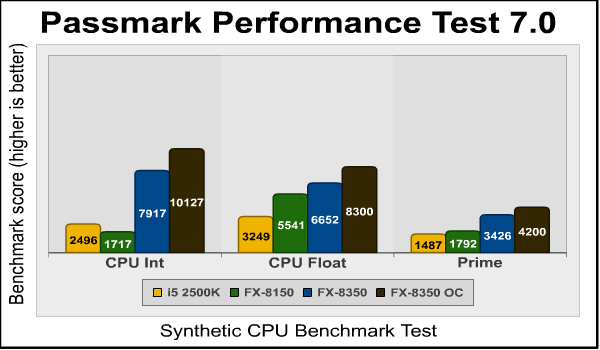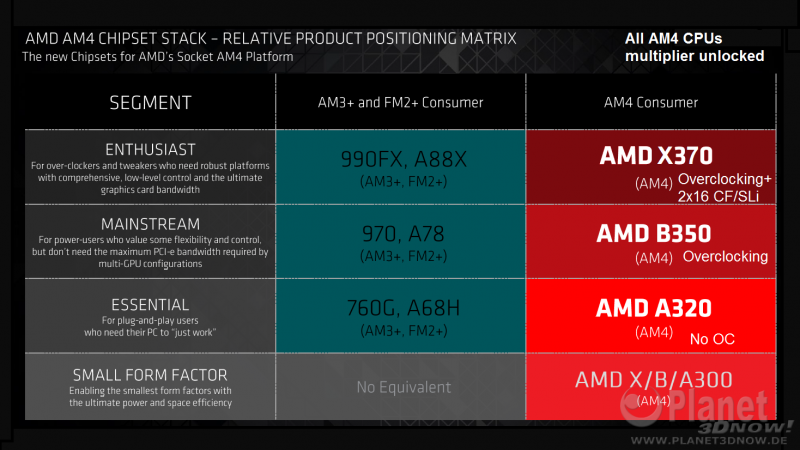pencea
Weaksauce
- Joined
- Jun 21, 2016
- Messages
- 74
AMD's second fastest processor 1700X is showing some really impressive performance in Passmark benchmark.
It's single thread performance which is crucial, was faster than both Intel's 5960x & 6800k and was only 3% slower than the 6900k.
Again keep in mind this is the 1700x, not the 1800x which will be even faster.
http://wccftech.com/amd-ryzen-7-1700x-389-8-core-cpu-benchmarks-leaked/
It's single thread performance which is crucial, was faster than both Intel's 5960x & 6800k and was only 3% slower than the 6900k.
Again keep in mind this is the 1700x, not the 1800x which will be even faster.
http://wccftech.com/amd-ryzen-7-1700x-389-8-core-cpu-benchmarks-leaked/
![[H]ard|Forum](/styles/hardforum/xenforo/logo_dark.png)









